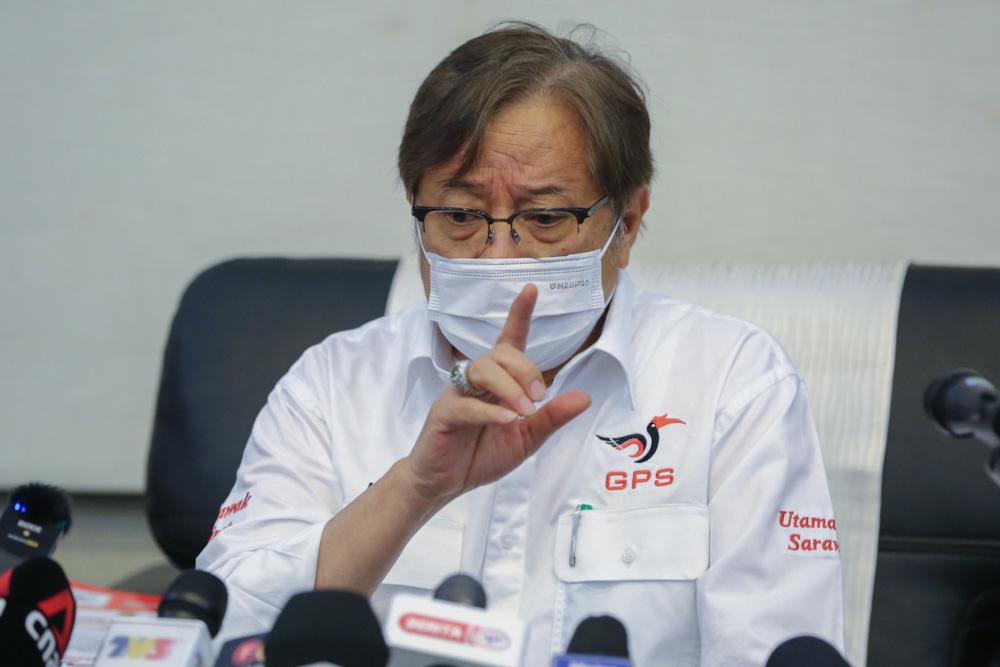KUCHING, Dec 21 — Fighting for Sarawak’s rights under the Malaysia Agreement 1963 (MA63) does not mean working to leave the federation, said Datuk Patinggi Tan Sri Abang Johari Tun Openg.
The chief minister explained striving for Sarawak’s rights means ensuring the fulfillment of what is written in the Federal Constitution and MA63.
“I emphasised a lot on Article 160(2), unlike when the Pakatan Harapan government that had wanted to amend the Constitution just based on Article 1(2), which we did not agree to.
“We wanted the substantive amendment, that is the content of the Constitution that should embrace what have been signed in the MA63, together with the Inter-Governmental Committee Report (IGC),” he said on his first day of returning to work as chief minister today.
He pointed out that Paragraph 24 of the IGC states that Sarawak and Sabah must be represented in the Inland Revenue Board (IRB).
“If we have representation, we will know how much is the overall revenue of the country. Only then you can ask for a reasonable amount as a grant under Article 112(d). If we know how much revenue is from Sarawak then at least 20 per cent of the revenue must be given back to the state.
“This is what we want and this constitutional arrangement is what we will look deeper into as a regional partner. I will bring it up to my colleagues to discuss on what our next step is,” he said.
Abang Johari noted that the people understood how Sarawak has a unique position based on MA63, which contributed to GPS’ landslide victory in the just-concluded 12th state election.
He also cited GPS’ success in the election to the coalition’s integrity in delivering its promises.
“This is especially when I continued Tok Nan’s (the late Pehin Sri Adenan Satem) efforts. We don’t depend on popularity but on what we can deliver, that is substantial delivery of what we have promised,” he said.
Abang Johari said in order for the state government’s policies to be implemented quickly, the civil service needs to act fast.
“The people need what I have announced before but a lot are slow to be implemented. It could be bureaucracy, it could be the procedures, but I hope we can change so that we can be fast.
“I hope the civil service will take note. If you need to revamp the procedure, you revamp it. Not that we want to lose it, but we have to change as certain procedures are no longer necessary. I hope the next five years things will be done,” he said, while encouraging the use of technology to enhance the procedures.
Earlier State Secretary Datuk Amar Jaul Samion said what is important is the continued mutual cooperation between the state civil service and the state political leadership.
“Such close cooperation is fundamental to address the ever-changing demands and needs of the people. As such, we must have many fundamental dimensions such as knowing the right things to do, using the opportunity, creating harmony, and showing true empathy towards the needs of the people.
“The multifaceted demands of our society create a need for holistic development such as the timely Post Covid-19 Development Strategy (PCDS) 2030 initiated by the chief minister that provides a new strategic direction for the state to move forward,” he said. — Borneo Post



















